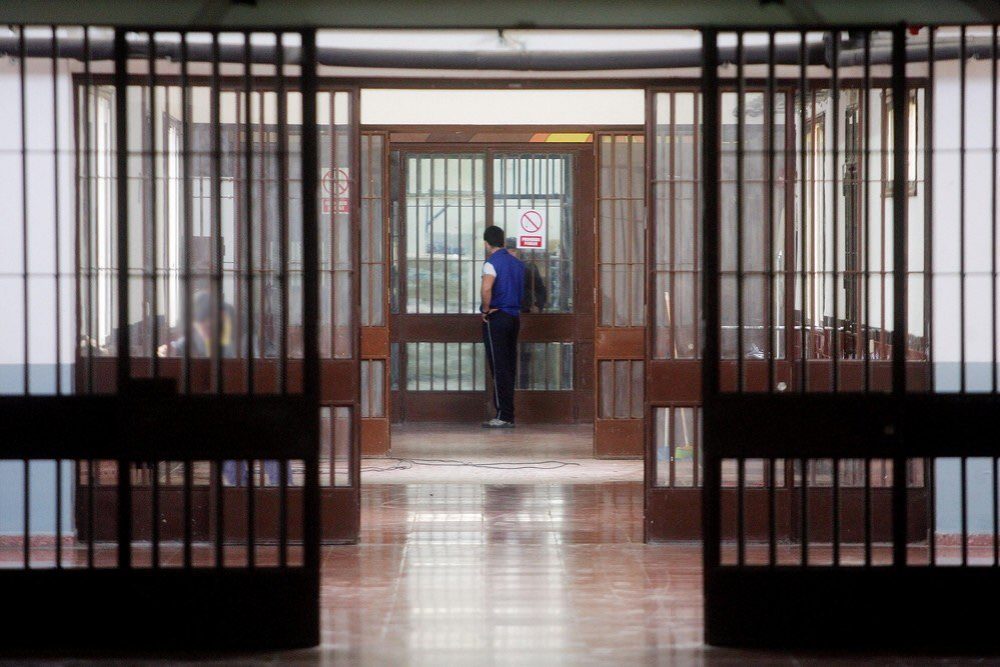31.03.2020
Human rights organizations demand that some prisoners, the prisoners in the third degree, the ones dependent on article 100.2 of the Penitenciary Regulations and the prisoners who are enjoying permits, be sent home to serve their sentence with telematic control.

What is detected in prisons?
As the WHO and the UN High Commissioner for Human Rights (Michelle Bachelet) have just pointed out, the diagnosis determines the existence of:
- An extremely vulnerable population consisting of prisoner.
- A lack of physical space to enforce the mandatory confinement.
- A forced coexistence going against the decreed state of emergency.
- A difficulty to access public health in the same conditions as citizens.
- A consequent increase in the risk of contagion from Covid-19.
- A suspension of communications between prisoners and their families.
- An obvious fragility of people deprived of liberty in the face of the health emergency.
- This constitutes a treatment both inhuman and degrading in current circumstances already producing infections, deterioration of health, isolation and deaths.
What is there to do?
- It is urgent to proceed to a drastic reduction of the incarcerated population, in times of extreme emergency and before it is too late and the situation produces (even more) dire negative results.
How to reduce the incarcerated population?
- The reduction could have a positive result in an improved access to health care in at least 4 cases:
- Inmates classified in the second degree who have enjoyed temporary releases (credited good behavior)
- Prisoners depending on the article 100.2 of the Penitentiary Regulations
- Prisoners aged 70 and over
- Prisoners with severe pathologies
- These 4 assumptions are susceptible to move to Grade 3 of the living situation provided for in article 86.4 of the Penitentiary Regulations and stay at home with electronic monitoring.
